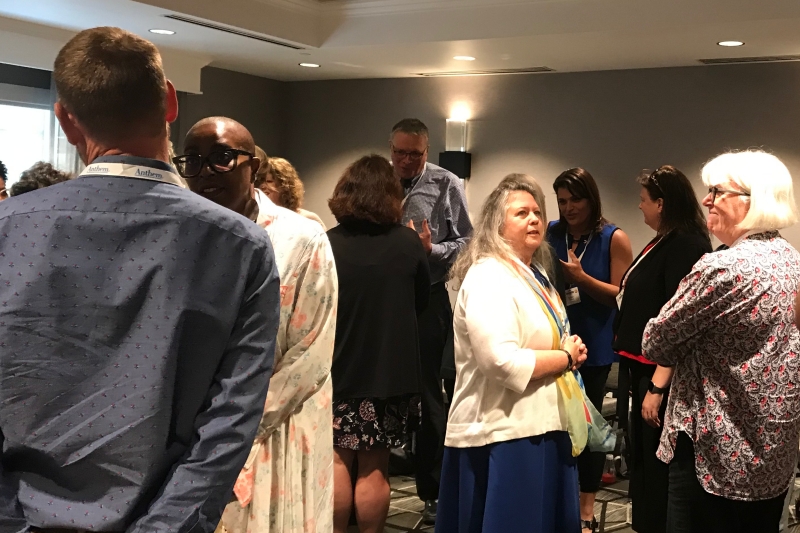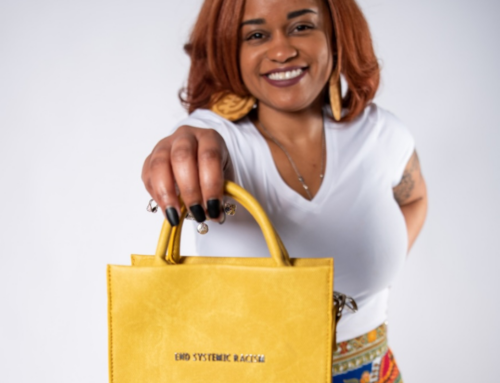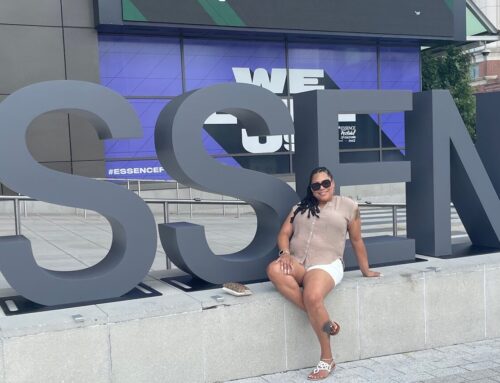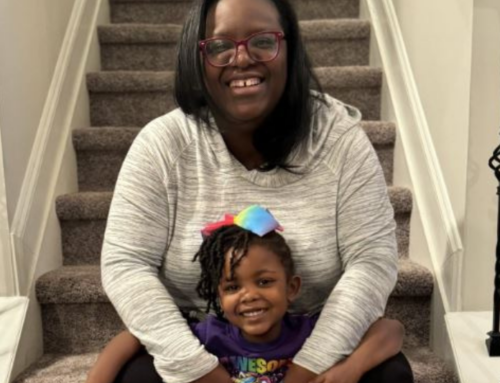
Suganya, Elizabeth, Shannon, and Kazzy at the National Museum of the American Indians
This year Change Matrix had the honor of hosting a Match during the International Initiative for Mental Health Leadership (IIMHL). We were interested in how countries and nations were developing leadership in neighborhoods, communities, countries, provinces, states, tribes, and territories to address the mental health needs of their populations. We were also interested in exploring what models of leadership development were currently being used. The purpose of our Multicultural Leadership for Equity, Diversity, and Inclusion Match was to deeply examine the current western practices being used and determine what changes could be made to better reflect leadership practices from other cultures so that we could arrive at a new understanding of leadership. We wanted to explore the possibility of promoting a practice that was not a “how to” guide on leadership for multicultural groups, but rather was inclusive of multicultural leadership styles and experiences. The room was full with a rich cross section of participants from a variety of disciplines, primarily in the mental health fields. Through deep conversation there was consensus around the room that the current western leadership models and practices were not working well and the shift to a more inclusive leadership that was values-based and human-centered was where leadership for the future was moving.
Challenging conversations were encouraged, vulnerability and courage were displayed while we boldly addressed the “ism’s” in our countries. Racism, white privilege, colonialism, sexism, disparities and environmental concerns and other inequities were topic areas that required leadership practices that included respect, holding judgments lightly, allowing all voices to be heard, taking risks and asking for and giving permission to make mistakes and understand we are learning together.

Elizabeth and Shannon facilitating at the Match
We acknowledged that though we had a number of different worldviews represented in the room there were core and common attributes of leadership practices that we agreed would be necessary to advance equity and inclusion. Our Match participants were passionate about the need to change approaches that were both ineffective and contributed to unacceptable outcomes for specialized populations that were experiencing the greatest disparities. Together, we decided it was not only significant to have these conversations, but that we must all disrupt the western, colonized systems we lead in. Everyone in the room shared at least one leadership action they were going to be taking upon return to their respective countries, communities, and agencies. This includes but is not limited to having standing discussions with their team about equity, creating movement, and creating workshops for upcoming and current leaders. What will you do to disrupt western leadership practices?




